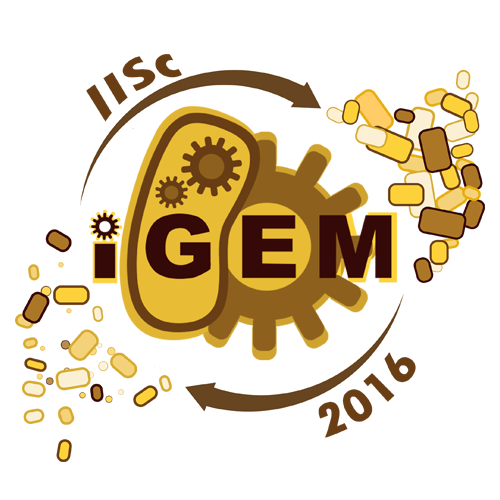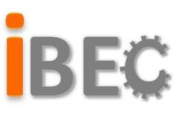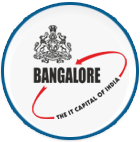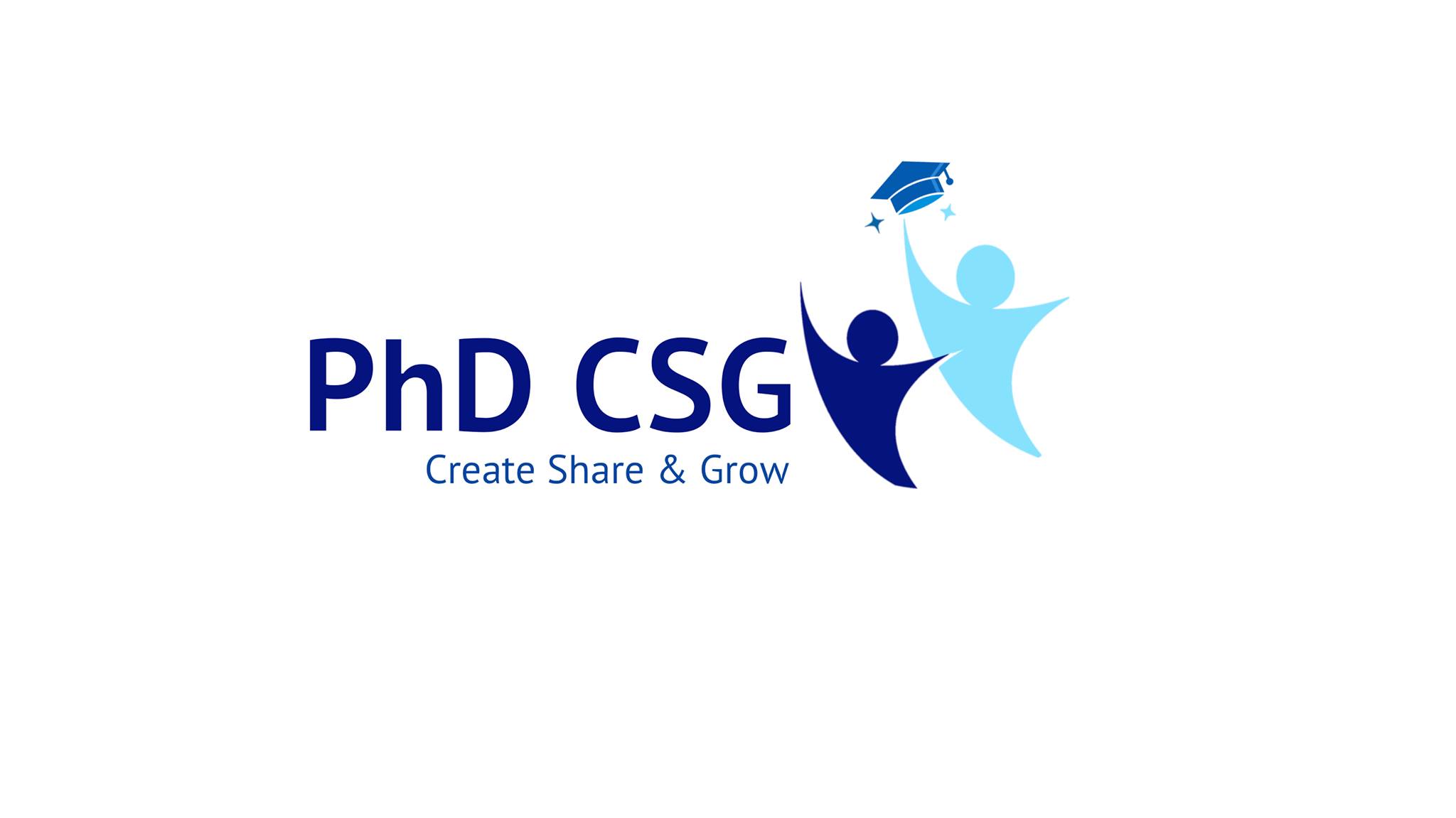Summary
We met with top government officials in the state's biotechnology department to tell them about our project. The use of Ag43 to clarify cultures and replace centrifugation is a novel procedure and we will apply for a patent on the same once preliminary experimental results concerning the same. We received ~$9,000 towards our project from the state government's biotechnology department.
We also received ~ $15,000, the maximum prize money from the Department of Biotechnology, Government of India as our proposal was one of the winners of the Indian Bioengineering Competition (iBEC), a pre-iGEM competition to provide financial support for Indian iGEM teams.
We also received funding of ~ $5,000 from our institution's undergraduate department towards the team registration for iGEM. This we felt was a triumph as it is our institution's first time participating in the iGEM competition and the funds were provided only when our idea was approved by the dean.
GoK grant
We had a sit down on July 27th, 2016 with top officials at the Government of Karnataka’s (GoK) (the state in which our institute is located) department of Information Technology, Biotechnology and Science and Technology and presented to them our idea and its applications.
We presented our project and its possible implementation in the government biotechnology parks which are lacking in machinery for automation and downstream processing, some of these processes can be performed by our BioBricks, which can effectively replace or supplement these expensive machines. The intent was to convince our government representatives of the need for enhancing the current government biotechnology facilities and a possible option of doing so.
The novelty of using Ag43 for clarification of cell cultures and using this to replace or supplement energy and capital expensive centrifuges and its application in conjunction with auto-induction using quorum sensing made our idea patent worthy in their opinion and hence, to continue our research, the GoK’s biotechnology department granted us ~$9,000 towards consumables for our project.
iBEC grant
Indian iGEM teams have been enthusiastic participants in iGEM since 2008 where the 2008 IIT Madras team participated. However, a major hindrance to Indian participation in iGEM is the large costs associated with the same. We estimated that our iGEM project would cost US$ 20,000. Such large funding is difficult for undergraduates to obtain in India, where the per capita income is approximately US\$ 6000 (GDP PPP per capita).
In response, the Department of Biotechnology, Government of India started a new grant program for iGEM teams called iBEC – Indian BioEngineering Competition, in 2016. iBEC is a pre-iGEM competitive grant program for undergraduate Indian iGEM teams. The 2016 iBEC involved the submission of proposals by teams across India, of which four were selected. The maximum grant per team was Rs. 1 million (US$ 15000) and we received the same amount from iBEC for participation in iGEM.








